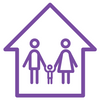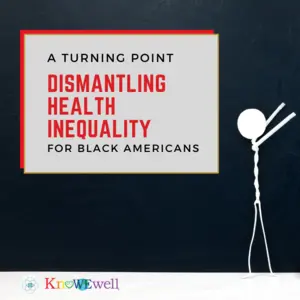

Community

Community
Early Child Development Impacts Health and Learning: An Action Guide for Policymakers
It’s well known that early experiences in childhood, adult-child relationships, and environmental exposures influence a child’s well-being and impact their lives. Scientific evidence has recently emerged from Harvard University that demonstrates how the conditions that young children experience affect lifelong health and educational achievement. An increasing number of policies and programs are being established worldwide to support early learning and nutrition, which will improve children’s readiness to succeed in school. Scientists hope their findings will help policymakers in their efforts to create programs that support families.
Researchers have discovered three key points proving that health and learning are deeply interconnected in the body. As a child adapts to their environment, the brain interacts with all biological systems, including immune responses and metabolic regulation. Building a foundation for social-emotional development, school readiness, and future learning sets the tone for physical and mental health throughout one's lifetime.
Another key finding is that the prenatal period and first two to three years after birth is a critical time of development. Therefore, support is needed for pregnant mothers, infants, and toddlers to reduce stress during pregnancy, enhance nutrition, and eliminate exposure to toxins. Inflammation, the Harvard scientists found, also impacts child development. It is necessary to reduce excessive stress, which can stem from poverty, racism, violence, housing instability, and food insecurity, resulting in the bodily reaction of inflammation.
Using three science-based principles to redesign systems that serve children and the adults who care for them, researchers suggest that policies and programs should be molded to help children as they develop and reach school age. Supporting and responsive relationships, reducing sources of stress, and strengthening core life skills, are ways to help children as they grow. Community-based networks of services help build a strong foundation, improving health and learning outcomes for children so they can live successful, healthy lives.
REFERENCES
Center on the Developing Child. (n.d.). Health and learning are deeply interconnected in the body: An action guide for policymakers. Harvard University. https://developingchild.harvard.edu/resources/health-and-learning-are-deeply-interconnected-in-the-…


 By
By







